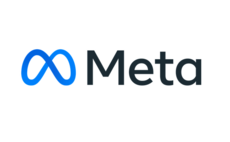Ethical panel intended to guide Google's corporate policies in AI, facial recognition and machine learning
Google has set up an advisory council to advise it on ethical issues surrounding artificial intelligence (AI), automation and other emerging technologies. The so-called Advanced Technology Exte...
To continue reading this article...
Join Computing
- Unlimited access to real-time news, analysis and opinion from the technology industry
- Receive important and breaking news in our daily newsletter
- Be the first to hear about our events and awards programmes
- Join live member only interviews with IT leaders at the ‘IT Lounge’; your chance to ask your burning tech questions and have them answered
- Access to the Computing Delta hub providing market intelligence and research
- Receive our members-only newsletter with exclusive opinion pieces from senior IT Leaders




















